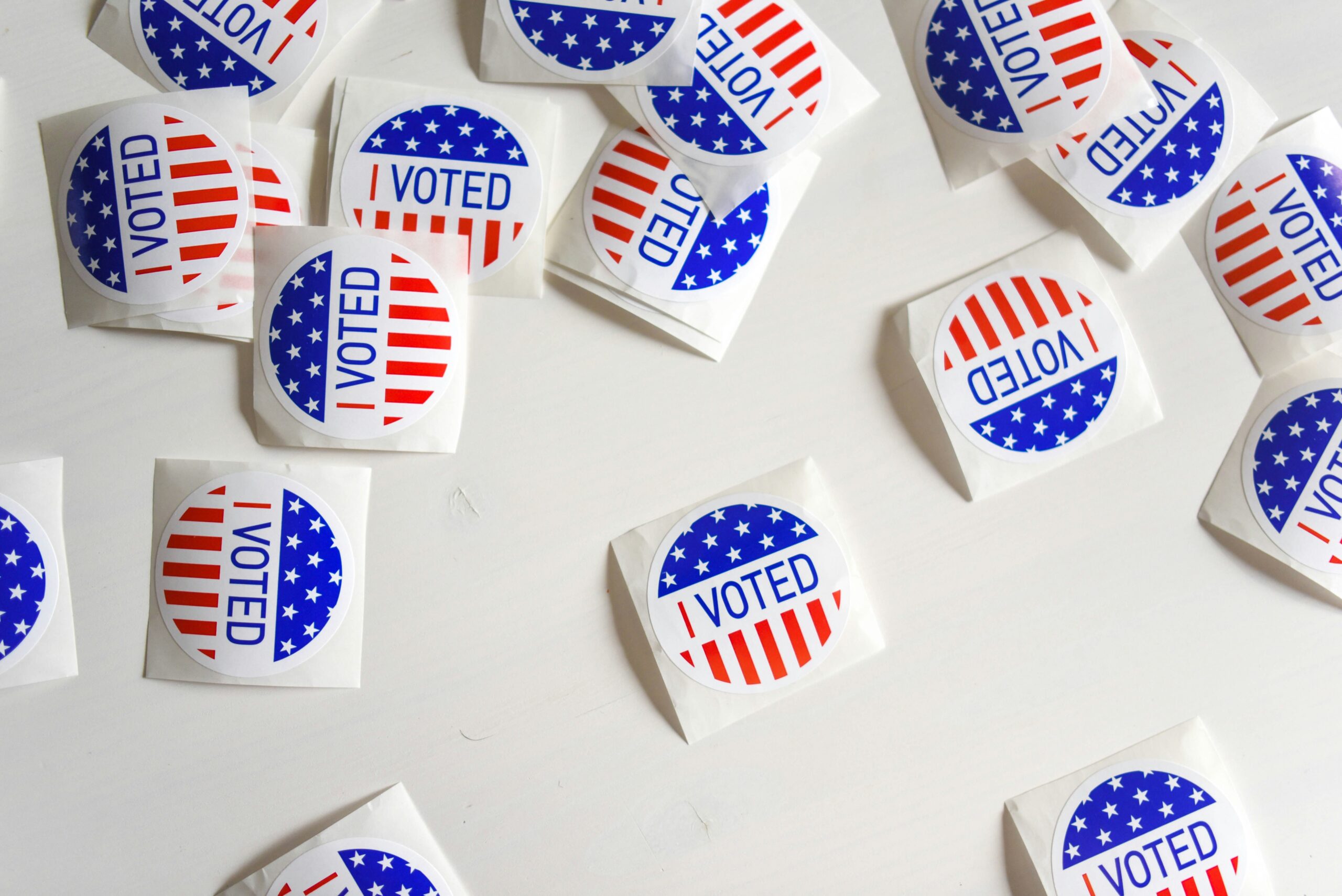Can Catholics vote for Kamala Harris in good conscience?
Catholic voters can revisit social teachings to sift through political confusion and ethical uncertainty.
Many American Catholics are confused about whether they can in good faith vote for Kamala Harris in the presidential elections happening this November. Pope Francis’s untoward comment last month that the presidential race is a choice between “the lesser of two evils” only deepened the moral murkiness of the electoral waters.
According to the Pope’s political comments last month, in which he did not refer to either presidential candidate by name, both Donald Trump’s vilification of immigrants of colour and Harris’s vehement support of reproductive rights — namely abortion, which is forbidden in the Catholic faith — are “against life.”
This dilemma seems to suggest that, for U.S. Roman Catholics, their vote is a moral toss-up.
It isn’t.
Outlining the issues
Tragically, Catholic political ethics have been largely narrowed into the single issue of abortion. This represents a monumental “dumbing down” of the scope, depth, and cogency of Catholic social teachings.
In 2020, for example, approximately 50 per cent of Catholic voters voted in favour of former president Donald Trump. This is likely owed in part to Trump’s anti-abortion stance and his vow to select Supreme Court Justices who would reverse the landmark Roe v. Wade ruling, which was established in 1973 to allow women in the U.S. access to medically safe abortions without government interference. It is one promise Trump kept.
Yet now, Trump and his vice-presidential pick, Senator (and Catholic convert) J.D. Vance, have realized that the removal of women’s rights to reproductive healthcare is a political third rail, especially among women. As a result, they’ve flip-flopped on the issue more times than IHOP flapjacks on a Sunday morn.
After claiming that individual states should be allowed to make their own abortion rulings, Trump proclaimed that the Arizona abortion decision upholding an 1864 law “had gone too far,” and lobbied for its reversal. Later, Trump opposed a Florida amendment expanding access to abortion after saying he would vote for it.
Not to be outdone, Vance, after repeatedly saying he supported a national abortion ban, declared he opposed such a ban in his October 1 debate with Harris running mate Governor Tim Walz.
The result is that abortion is no longer a singularly clear choice in the election but rather an electoral litmus test, a neutralized blur. If the single issue for Catholics has been washed out, what then? Where can they turn for guidance and trust? Fortunately, the long history of Catholic social teaching provides solid answers for the perplexed faithful.
Clearing the air: Trump violates Catholic doctrines like no other
Pope Leo XIII’s 1891 encyclical, Rerum Novarum — sometimes called the church’s “best kept secret” — is renowned for taking a strong progressive stance on issues of social justice, supporting fair working conditions, and most importantly, clarifying the Catholic Church’s rights to comment on social, ethical, and political issues. It provided profound insight on many critical issues that are relevant to this election, including notions of the common good, the preferential option for the poor, and support of labour.
In all these areas, Harris is more in sync with, and reflective of, Catholic doctrine.
On the notion of the common good, for example, Harris is the clear leader. Trump has brought a jaw-dropping level of malignancy, racism, and falsehood to US politics. He still denies the free and fair election result that saw him lose the White House and he continues to deny his role in violently disrupting the peaceful transfer of power. Domestic tranquility, civility, and the democratic process are cornerstones of the common good; Trump is their avowed enemy.
Regarding the preferential option for the poor and vulnerable, again Trump receives a failing grade. He has promised to give tax breaks to the hyper-rich, including large oil corporations who want to rapaciously destroy our natural resources and accelerate catastrophic climate change. Regarding the vulnerable, he has vowed to use the military to deport millions of immigrants and has jeopardized Haitians legally in the United States by falsely claiming they are eating pets. His policies show a preferential option for the rich, lined with odious racism for the most vulnerable.
On the issue of labor, Catholic social teaching has consistently stressed the priority of labor over capital, something affirmed in Pope John Paul II’s 1981 encyclical Laborem Exercens. Trump, however, as an employer, has consistently stiffed unions. And, in a recent podcast with billionaire Elon Musk, Trump hailed the X owner as “the greatest” for insouciantly firing striking workers.
Can Catholics in good conscience vote for Kamala Harris and Tim Walz? Absolutely. Through an honest sifting of issues, a reflection on Catholic social teaching, and deep prayer, Catholics can indeed in good faith vote Democratic in the 2024 election. By doing so they will be keeping faith, not only with their Catholic tradition, but with their democratic values.
Stephen Bede Scharper, a former editor at Orbis Books and the John A. O’Brien Chair in Ethics as a visiting professor at the University of Notre Dame, is a professor of religion, anthropology, and environment at the University of Toronto Mississauga.

